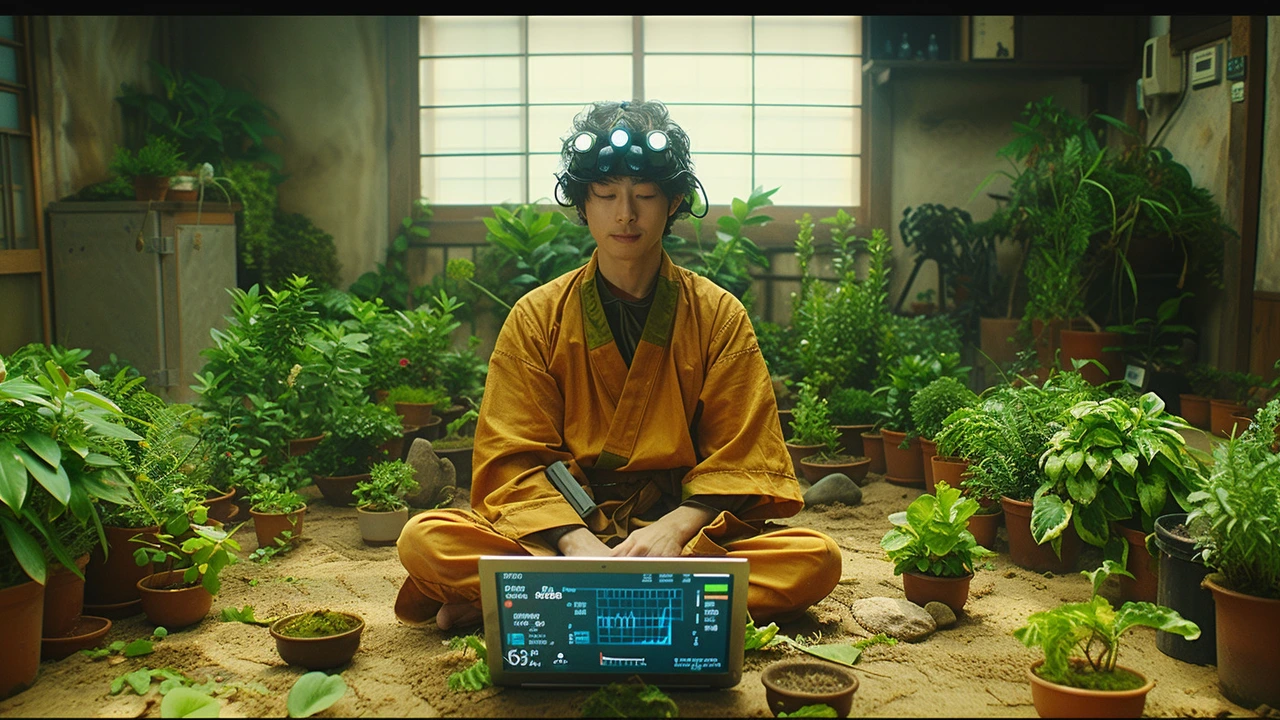Feeling overwhelmed or low on energy? You don’t need a full lifestyle overhaul. Small, targeted wellness techniques can cut stress, sharpen focus, and lift your mood within days. Pick one method, try it consistently for two weeks, and notice what changes.
Start with breathwork. Deep, slow breathing signals your nervous system to calm down. Try box breathing: inhale for four counts, hold four, exhale four, hold four. Do that for two minutes when you feel tense. It’s quick, portable, and you can use it before meetings, after a commute, or in the middle of a busy day.
Mindfulness isn’t about emptying your mind — it’s about noticing. Spend five minutes each morning paying attention to one sense: taste, breath, or sound. While you eat breakfast, focus only on the texture and flavor. That simple habit lowers impulsive snacking and helps you enjoy food more.
Another small win: micro-movement. If you’re sitting most of the day, stand up and move for two minutes every hour. Stretch your shoulders, do a set of squats, or walk up and down the stairs. Short bursts of activity keep circulation up and clear mental fog better than one long workout at the end of the day.
Biofeedback and guided apps can speed learning. Biofeedback devices show real-time heart rate or breathing data so you can learn to shift from stress to calm faster. If gadgets aren’t your thing, use guided breathing or short meditation apps for 7–10 minutes daily. Consistency beats marathon sessions once in a while.
Creative arts therapies are another practical option. You don’t need talent—try a five-minute doodle, a short playlist for mood shifts, or dancing to one song when you feel stuck. Creative moves reduce cortisol and help you access a calmer mental state without overthinking.
Nutrition matters, but keep it simple. Swap one processed snack for a protein-rich option like Greek yogurt, nuts, or a hard-boiled egg. Green tea can boost alertness without the crash of coffee. Small swaps like these raise energy and reduce afternoon slumps.
Sleep hygiene is non-negotiable. Set a bedtime routine: dim lights 30 minutes before bed, stop screens, and try a brief breathing exercise. Even one hour of better sleep quality translates into clearer thinking and better stress resistance.
Finally, connect with others. A short catch-up call, a 10-minute walk with a friend, or a gratitude note to someone lifts mood and reinforces healthy habits. Social time is a quick mental reset that most people underestimate.
Pick one or two techniques here, use them daily, and track how you feel. Small, repeatable actions add up faster than big, sporadic efforts. Try it for a fortnight and compare your energy, sleep, and stress levels — the results may surprise you.

Ever found yourself curious about biofeedback, that intriguing health technique you've heard whispers about? Hi there! I'm diving headfirst into the world of biofeedback to unravel its mysteries and share with you how it might just be the game-changer we've all been looking for. Imagine having the power to control your body's responses to stress, pain, and illness just by better understanding the signals it's sending you – that's biofeedback in a nutshell! It's like having a conversation with your own physiology, and I'm eager to learn the language. Join me as we uncover the potential benefits, the types of biofeedback available, and how we can integrate them into our self-care routines. It's a journey towards self-empowerment, and I promise it will be as enlightening as it is nurturing for our well-being!
Read More